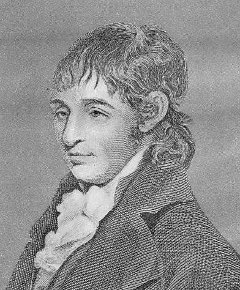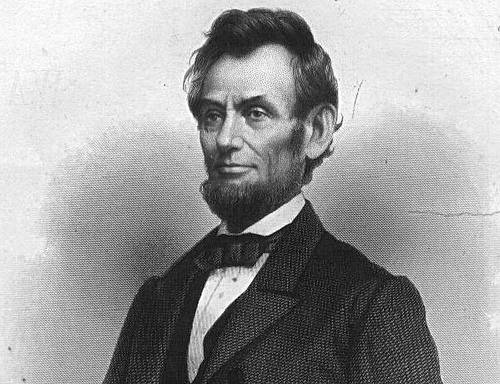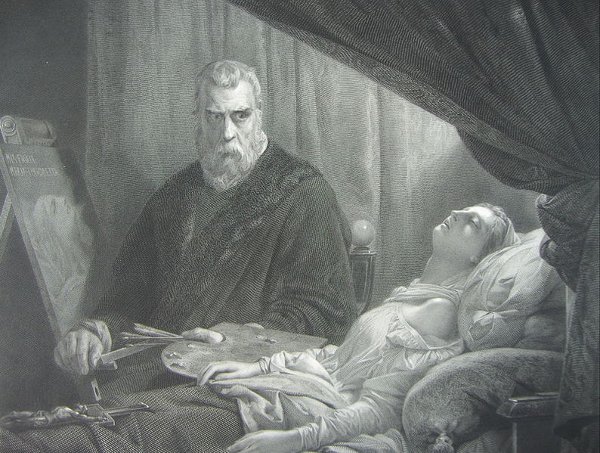At a dinner for law alumni of New York University in 1907, Walter Lloyd Smith of the New York Supreme Court read “the most remarkable document that ever came into his possession” — the will of an inmate of the Cook County Insane Asylum at Dunning, Ill.:
I, Charles Lounsbury, being of sound mind and disposing memory, do hereby make and publish this, my last will and testament, in order as justly as may be to distribute my interest in the world among succeeding men.
That part of my interest which is known in law and recognized in the sheep-bound volumes as my property, being inconsiderable and of no account, I make no disposal of in this my will.
My right to live, being but a life estate, is not at my disposal, but these things excepted all else in the world I now proceed to devise and bequeath.
Item: I give to good fathers and mothers, in trust for their children, all good little words of praise and encouragement, and all quaint pet names and endearments, and I charge said parents to use them justly and generously, as the needs of their children may require.
Item: I leave to children inclusively, but only for the term of their childhood, all and every, the flowers of the fields, and the blossoms of the woods, with the right to play among them freely according to the customs of children, warning them at the same time against thistles and thorns. And I devise to children the banks of the brooks, and the golden sands beneath the waters thereof, and the odors of the willows that dip therein, and the white clouds that float high over the giant trees. And I leave the children the long, long days to be merry in, in a thousand ways, and the night and the moon and the train of the Milky Way to wonder at, but subject nevertheless to the rights hereinafter given to lovers.
Item: I devise to boys jointly all the useful idle fields and commons where ball may be played; all pleasant waters where one may swim; all snowclad hills where one may coast, and all streams and ponds where one may fish, or where, when grim Winter comes, one may skate; to have and to hold the same for the period of their boyhood. And all meadows with the clover blossoms and butterflies thereof, the woods and their appurtenances, the squirrels and the birds, and echoes and strange noises, and all distant places which may be visited, together with the adventures there found. And I give to said boys each his own place at the fireside at night, with all pictures that may be seen in the burning wood, to enjoy without let or hindrance and without any incumbrance of care.
Item: To lovers I devise their imaginary world with whatever they may need; as the stars of the sky; the red roses by the wall; the bloom of the hawthorn; the sweet strains of music, and aught else by which they may desire to figure to each others the lastingness and beauty of their love.
Item: To young men jointly, I devise and bequeath all boisterous, inspiring sports of rivalry, and I give to them the disdain of weakness and undaunted confidence in their own strength, though they are rude; I give them the power to make lasting friendships, and of possessing companions, and to them exclusively I give all merry songs and brave choruses, to sing with lusty voices.
Item: And to those who are no longer children or youths or lovers, I leave memory, and I bequeath to them the volumes of the poems of Burns and Shakespeare and of other poets, if there be others, to the end that they may live over the old days again, freely and fully, without tithe or diminution.
Item: To our loved ones with snowy crowns I bequeath the happiness of old age, the love and gratitude of their children until they fall asleep.
The original, it turns out, was written by Williston Fish in 1897 and published in Harper’s Weekly the following year. He had intended it as a poetic trifle, but newspapers around the country had picked it up and run it as fact, often embellishing the language, until, Fish wrote in 1908, “this one of my pieces has been translated into all the idiot tongues of English.” Charles Lounsbury was the name of an old relative of his — “a big, strong all-around good kind of man,” but not, evidently, insane.



